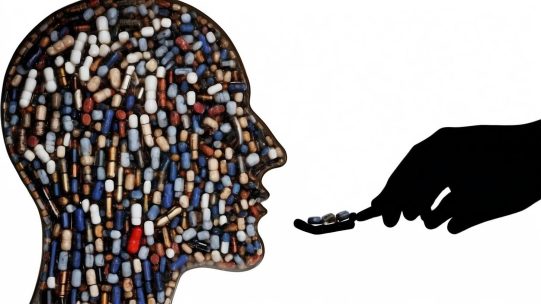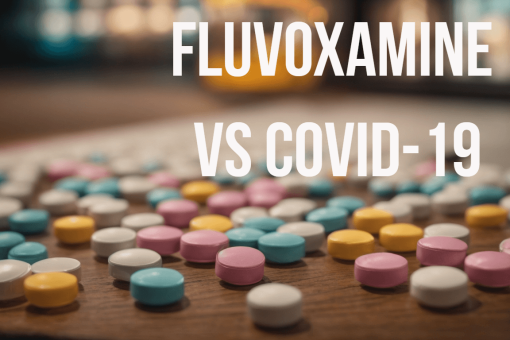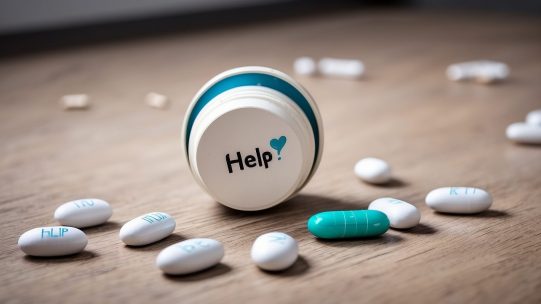Withdrawal from antidepressants can cause emotional and social difficulties along with physical withdrawal symptoms.

Coming off antidepressants is known to cause physical symptoms such as restlessness, fatigue, and excessive sweating, new research suggests that people may also experience emotional and social difficulties and changes in thinking patterns when they stop taking antidepressants such as Cymbalta. This is especially true if the medication is abruptly stopped rather than ‘tapered off’ or if the process is not adequately supervised by a physician.
For this study, researchers from the University of Bath and the University of Bristol investigated the lived experience of antidepressant withdrawal and how it affects quality of life across multiple life domains. They conducted in-depth interviews with 20 individuals who had attempted to withdraw from selective serotonin reuptake inhibitor (SSRI) antidepressants such as Duloxetine in the past year.
Raqeeb Mahmood, a PhD student in psychology at the University of Bath and lead author of the study, said, “These interviews revealed that the lived experience of withdrawal has a significant impact on an individual’s sense of well-being. Participants emphasized that withdrawal not only has physical side effects, but also affects emotional, cognitive, and social functioning.
Some of the challenges reported by study participants included feeling overwhelmed by their emotions, no longer enjoying social situations, feeling distant and less empathetic toward others.
In some cases, Mahmood said, “the symptoms were so severe that family and friends of those who had stopped the medication encouraged them to resume it.
Some patients found the early stages of withdrawal, the first few days to weeks, to be the most difficult, while others struggled more in the later stages, which may come months after attempting withdrawal.
The study, published in the journal Health Expectations, suggests that patients often manage withdrawal alone due to limited GP involvement and a lack of NHS online resources and evidence-based guidance.
Mahmood said, “Study participants expressed a desire for more emotional support from their GPs and stressed the importance of flexible tapering.
“They also noted the importance of trying to abstain at less stressful or busy times in their lives to increase the likelihood of being able to abstain without experiencing significant difficulties.”
Dr. Graeme Fairchild, Reader in Psychology at the University of Bath, senior author of the study and co-supervisor of the project, said, “Several people described social situations as feeling like a chore. Others found it difficult to live with or were asked to return to medication by their partners or family members. “These effects of antidepressant withdrawal on people’s social relationships are not widely known, but need to be communicated to patients who are considering withdrawal from antidepressants.” Dr. Katherine Button, senior lecturer at the University of Bath, co-author of the study and co-supervisor of the project, said, “More than half of the participants said that withdrawal had a negative impact on their relationships with others, with contradictions, for example, making family members more likely to lose their temper.
“This is an important finding. Family members are often an important source of social support, and being prepared for these potential changes may help both patients and their families navigate the withdrawal process.”
All participants encountered negative physical withdrawal symptoms – which for some were short-lived, but for others lasted for weeks or even months. However, some positive effects of withdrawal were also reported; for example, some felt as if their emotions had returned to normal (rather than being “dulled” by the drug). Some participants reported positive changes in their thought patterns and were more likely to recall positive memories. Others experienced positive effects on their physical health, including weight loss, and recognized exercise as an important protective factor and coping mechanism.










Comment